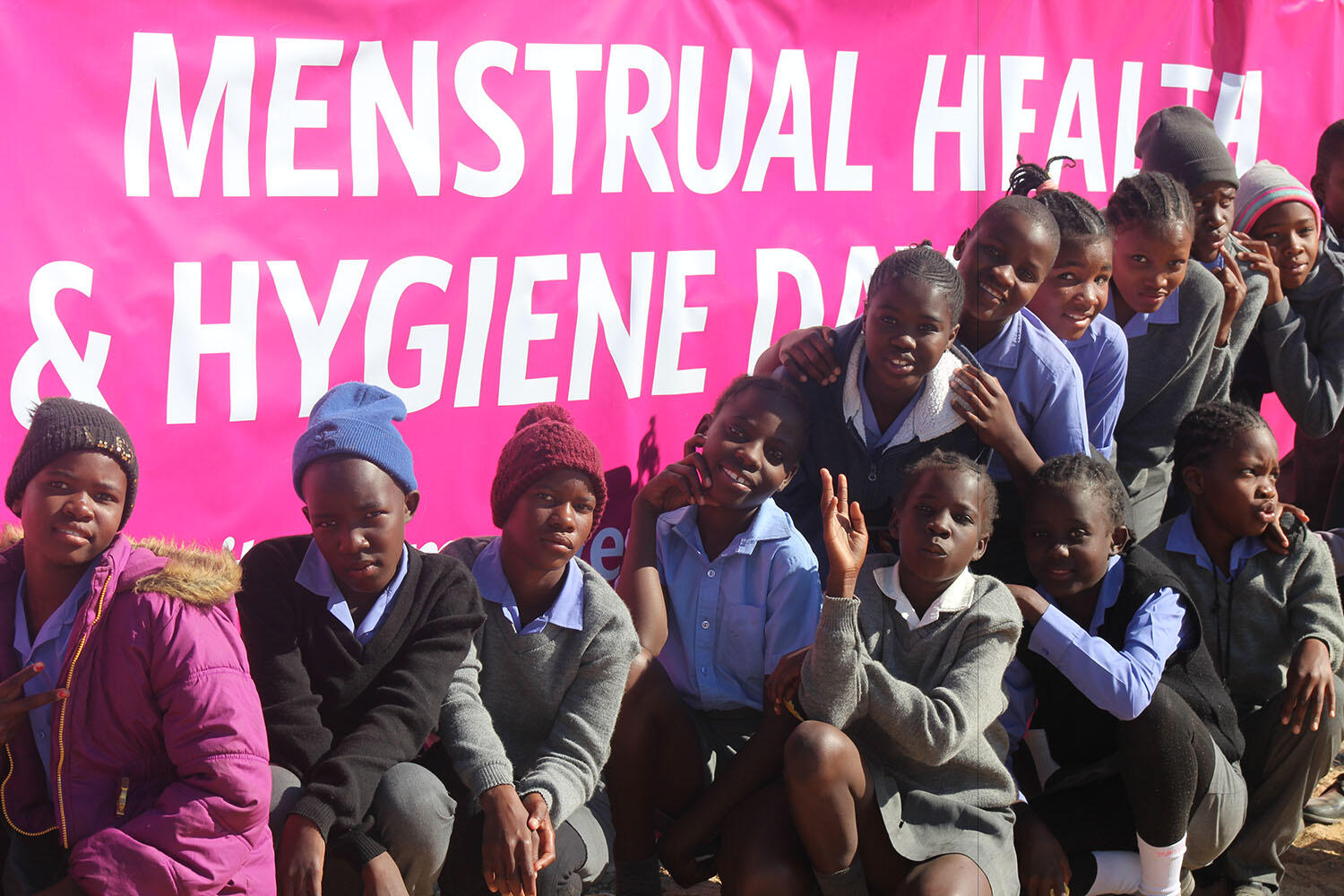Gobabis- In a collective effort to draw increased attention towards menstrual health and hygiene management, the Government of the Republic of Namibia (GRN) together with the United Nations (UN) hosted the first national commemoration of the Menstrual Health and Hygiene Day.
Held under the theme, “Empowering women and girls through good and safe menstrual health and hygiene”, the event has set the tone for the development of policies and programmes to address the social, economic and cultural barriers to safe and dignified menstrual health and hygiene management.
“This day is an important platform to remind stakeholders that all our girls require dignified, safe and private facilities and products for them to remain clean, confident and secure enough to continue with daily activities during menstruation”, said Hon. Juliet Kavetuna, the Deputy Minister of Health and Social Services.
In Namibia, women and girls who live in poverty do not always have access to sanitary products and are forced to make use of unsanitary and ineffective materials which can introduce diseases and infections. Only 17% of females living in rural areas have access to improved sanitation facilities, and this deprives women of the privacy and infrastructure required for healthy, safe and hygienic menstrual management.
A WASH Needs Assessment Report of 2014 by the Society for Family Health found that only 29% of schools have flush toilets, over a quarter of girls use toilet facilities that were not separated from those of the boys and over half of schools make no provision for girls in relation to menstruation i.e. handwashing stations with soap and water and rubbish bins inside toilet for safe disposal of pads.
“The Government, communities and families must be encouraged to support the girl child with information, facilities and products to help them manage the time of menstruation”, said Sanet Steenkamp, the Permanent Secretary for Ministry of Education, Arts and Culture. Within some cultural groups of Namibia, menstruation remains a taboo, often associated with uncleanliness and shame.
Within these cultural settings, women and girls are forced into seclusion during menstruation and parents do not feel comfortable sharing information with their growing children.
Dennia Gayle, United Nations Population Fund (UNFPA) Representative to Namibia, on behalf of the UN Resident Coordinator a.i, said, “When we talk freely and positively about menstruation and when policies and facilities are in place for menstrual health and hygiene management, girls will be empowered to know that there are no limits to their daily activities and lives during the time of menstruation”.
Currently, GRN is making efforts to address the gaps in menstrual health and hygiene as one of the strategies to achieve the Sustainable Development Goals (SDGs) .
Together with key stakeholders and under the banner of the National School Health Taskforce, GRN is increasing efforts to ensure that information, facilities, services and products, including those related to menstruation management, are readily available across Namibia’s schools.


